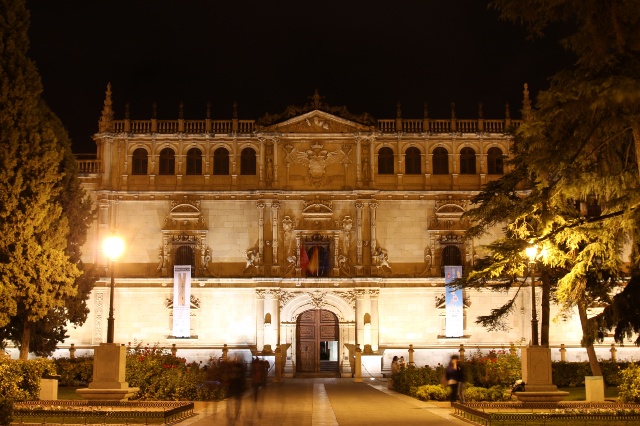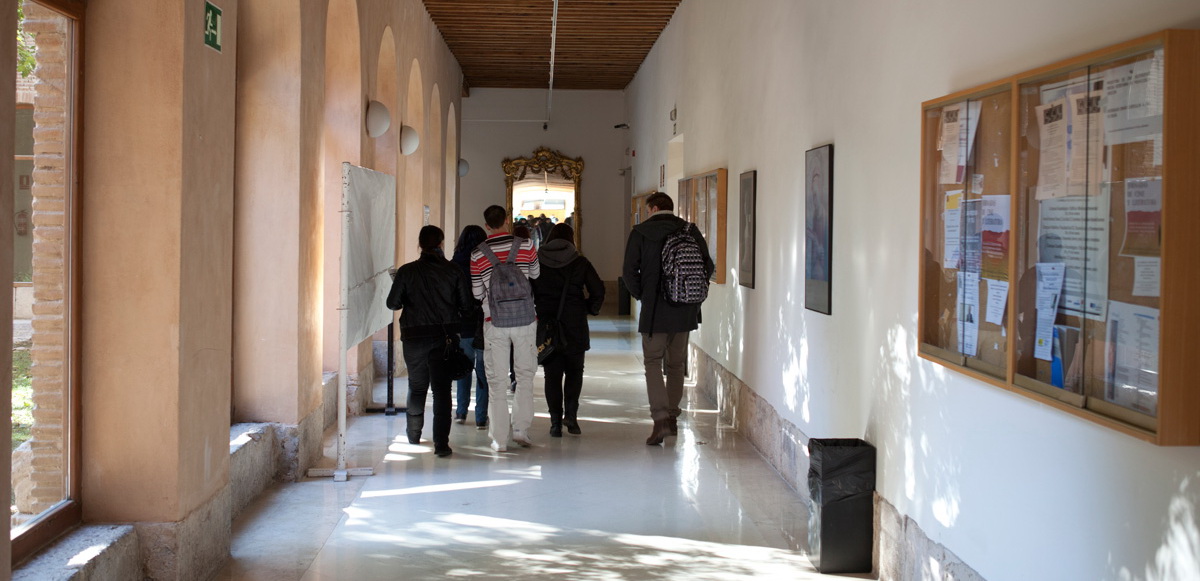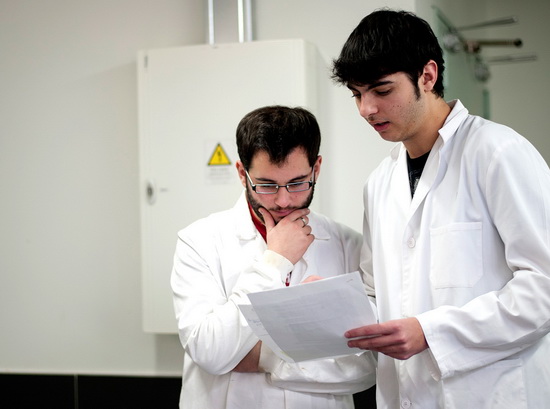Specific requirements:
The Master's Academic Committee will decide on applications for admission in accordance with the pre-registration procedure established by the UAH.
entry profile: Criminalistics professionals, as well as other graduates interested in Forensic Sciences.
Selection criteria:
The Director will select students at various points during the pre-registration period, based on their CVs and assigning a score to each application. The selection criteria, in descending order, are:
1. Professional experience in the field of Forensics, Police Science, and Forensic Science, or related areas of study.
2. Doctoral studies.ç
3. Official University Master's degrees.
4. Master's-specific degrees.
5. University specialist and expert degrees.
6. Bachelor's, engineering, and graduate degrees.
7. Diplomas.
8. Affinity with the Master's degree courses.
9. Accredited courses and seminars related to the Master's degree topic.
10. Accredited languages.
11. Motivation letter (reasons for pursuing the Master's degree and the elective chosen for the specialty in which you would enroll).
12. Interview (optional).
Admission depends on the number of places available in each specialty offered, depending on the capacity of the laboratories where the studies are conducted. Therefore, in addition to the aforementioned criteria, affinity with the following Master's lines of study will be assessed: Forensic Acoustics, Forensic Anthropology, Ballistics and Instrumental Traces, Document Analysis and Graphics, Forensic Electronics and Computing, Forensic Genetics, Forensic Imaging and Computer Graphics, Lophoscopy, and Forensic Chemistry. The training needs of the Spanish State Law Enforcement Agencies will also be taken into account. For this reason, 10% of places are reserved for members of foreign law enforcement agencies, who will be admitted provided they meet the requirements established for enrollment in Master's Degrees at Spanish universities.






